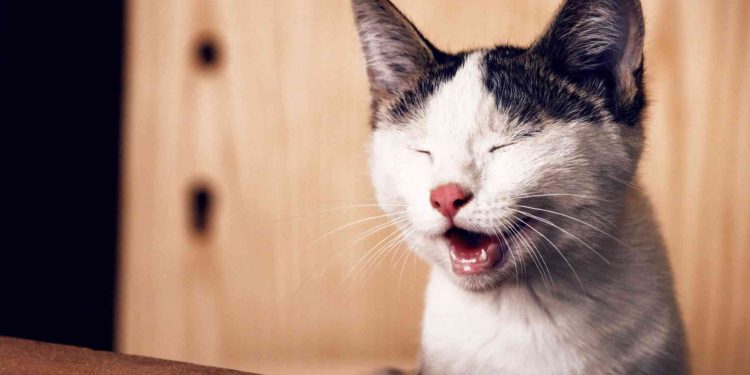Diarrhea is not a disease, but rather is a sign of many different diseases. Diarrhea may occur as the only sign or as one of several signs of a more generalized problem, or with signs that result from prolonged or severe diarrhea. Diarrhea in cats can manifest in various ways. If your usually well-trained cat begins having accidents indoors and their stools appear unformed or liquid, it is clear that diarrhea is present. However, if your cat continues to use the litter box and exhibits normal behavior while defecating outside, you may not immediately recognize the presence of diarrhea. Keep in mind that longhaired breeds might show signs of diarrhea through staining and soiling of the fur around the back end.
When your cat has diarrhea, it’s important to take appropriate steps to address the issue and ensure your cat’s health and well-being. Here are some guidelines to follow:
- Assess the severity: Determine the severity of the diarrhea. If it’s a one-time occurrence or mild, you can try some home remedies and monitor your cat. However, if the diarrhea is severe, persistent, accompanied by other concerning symptoms, or if your cat is showing signs of distress, it’s best to consult a veterinarian.
- Provide water: Diarrhea can lead to dehydration, so make sure your cat has access to clean, fresh water at all times. You can also offer ice cubes or low-sodium chicken broth to encourage them to drink.
- Adjust the diet: Temporarily switch your cat’s diet to a bland and easily digestible food. Offer a commercial gastrointestinal diet specifically designed for cats or prepare a homemade meal of boiled chicken (without seasoning or skin) and plain, cooked white rice. Gradually reintroduce their regular cat food after a few days, mixing it with the bland diet in increasing proportions.
- Probiotics: Probiotics can help restore the balance of beneficial bacteria in your cat’s gut. Consult your veterinarian for a suitable probiotic supplement for your cat.
- Keep the litter box clean: Ensure that your cat’s litter box is kept clean, as diarrhea can cause litter box aversion. Clean the litter box frequently to maintain a hygienic environment.
- Monitor and observe: Keep an eye on your cat’s behavior, appetite, and overall condition. If the diarrhea persists, worsens, or is accompanied by other concerning symptoms such as vomiting, lethargy, loss of appetite, or blood in the stool, it’s crucial to seek veterinary attention promptly.
Remember, cats can be more sensitive than dogs, and diarrhea can sometimes be a sign of an underlying health issue. Consulting with a veterinarian is always recommended to ensure an accurate diagnosis and appropriate treatment for your specific cat’s condition.









